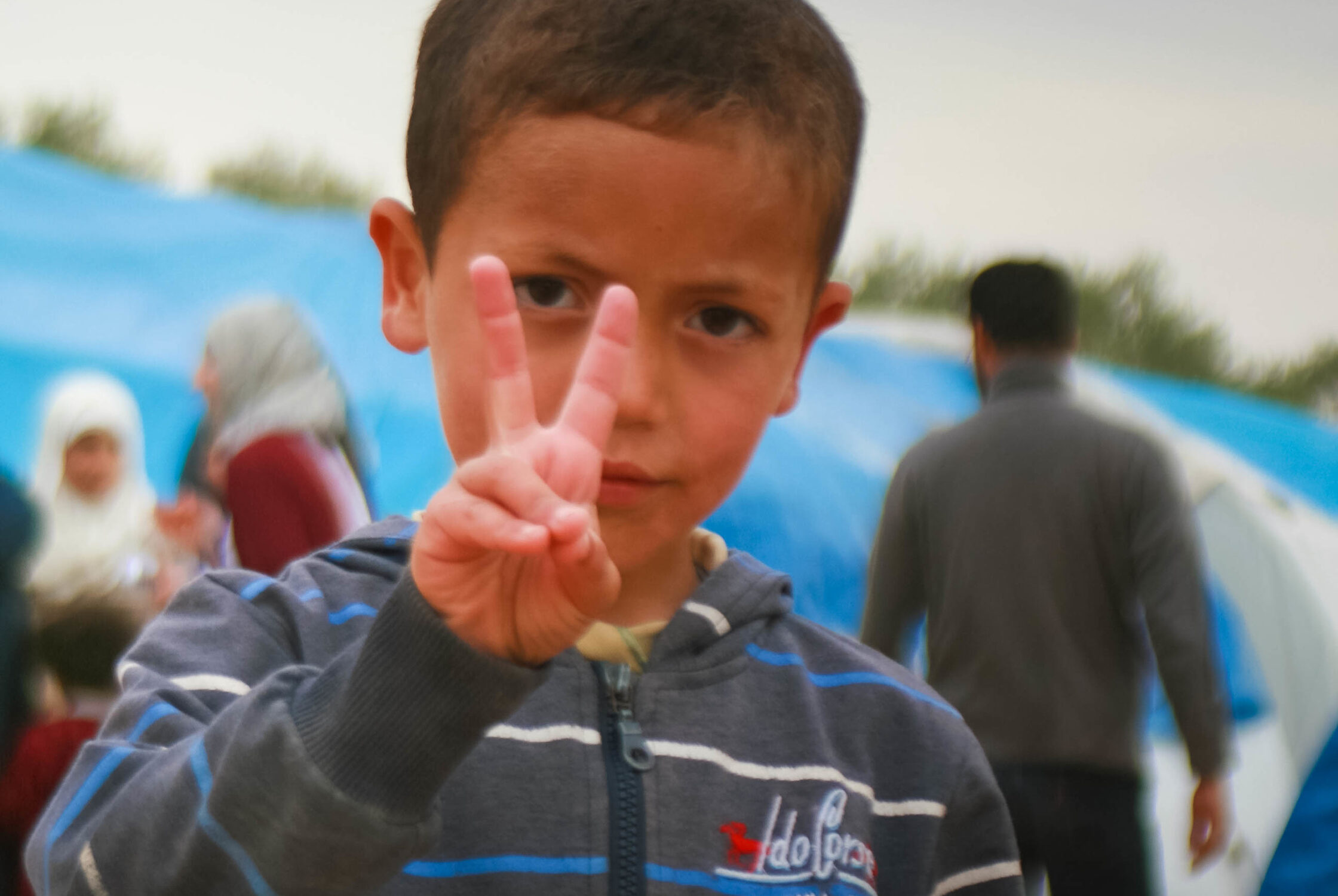Beyond Emergency Assistance: Syrian Refugees in Northern Iraq and Jordan

In less than three years, the Syrian conflict has forced well over two million of that country’s citizens to take refuge in other states. Some 200,000 have fled to the Kurdistan region of northern Iraq, and 600,000 to Jordan, the two countries visited by Refugees International (RI) during its most recent mission to the Middle East.
These refugees seem likely to remain in exile for a considerable amount of time. Even if peace returns to the country quickly – a scenario that seems highly unlikely – the level of destruction in Syria is so great that not all of the refugees will be able to return in a speedy manner.
With the support of donor states and the humanitarian community, the Kurdistan Regional Government and Jordan have done a remarkable job in responding to the immediate challenges of the refugee influx. But the limitations of emergency assistance are becoming clear. A new and longer-term approach is now required – one that gives more attention to the situation of refugees living outside of camps, provides greater support to the communities most directly affected by the refugees’ presence, and entails more extensive engagement by development organizations.

Background
When an RI team visited northern Iraq last November, they met Adel, his wife and two daughters, refugees from Syria who were waiting to find out what assistance they could receive. Since arriving in March, the family had made ends meet by working on a farm in exchange for accommodation. But with the onset of winter, the farmer no longer needed their labor and would not let them remain on the land. The family traveled 65 kilometers to a local NGO to seek assistance. But their hopes were soon dashed, since Adel’s family of four was not large enough to qualify for a winter fuel distribution.
Experiences like Adel’s are common among the 1.7 million Syrian refugees who are living outside of camps. The vast majority of them are to be found in the surrounding countries of Jordan, Lebanon, Iraq, and Turkey.
Syrians who remain in the Middle East are confronted with a variety of different challenges, depending on the country they have fled to and whether they live in a camp or in a host community.
While the level of hospitality shown to the Syrian refugees remains remarkable (especially when compared to the cold shoulder given to the few Syrians who have made it to Europe), growing concerns are being expressed about the impact of the refugee presence on the water supply, labor market, health, and education services.
As the refugee population swells, and the resulting pressure on local services and resources grows, host communities are becoming less welcoming in their attitude toward the new arrivals. Although Iraq and Jordan are both middleincome countries, a significant number of the people who live in refugee-hosting areas there are extremely poor. In this context, targeting assistance at the Syrian population alone could easily reinforce the incipient resentment of local communities toward the refugees.



Recommendations
- The UN Refugee Agency (UNHCR) should focus additional attention and resources on the large proportion of exiled Syrians who are living outside of camps in Jordan and northern Iraq. A particular effort should be made to identify and address the protection problems confronting these refugees, many of whom are finding it increasingly difficult to meet their basic needs.
- In northern Iraq, the Kurdish Regional Government (KRG) should ensure that non-camp refugees in all three of the region’s governorates are treated on an equal basis with those who are accommodated in camps.
- In northern Iraq, UNHCR, humanitarian organizations, and donor nations must put pressure on the KRG to ensure that those refugees living outside of camps have equal access to assistance.
-
Donor states should support the implementation of the 2014 Syria Regional Response plan (RRP6) in northern Iraq and Jordan, both through the provision of resources and advocacy with the authorities concerned.
- Development actors must do more to mitigate the impact of the Syrian refugee influx on host communities, public services, and government structures in northern Iraq and Jordan. The World Bank should be encouraged to assume the leadership role that it has offered to play in this respect.
Daryl Grisgraber and Jeff Crisp traveled to Jordan and Iraq in November and December 2013 to assess the humanitarian response to Syrian refugees.